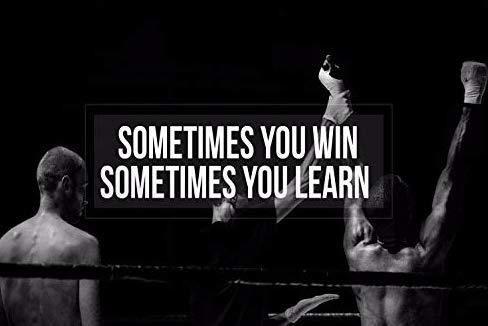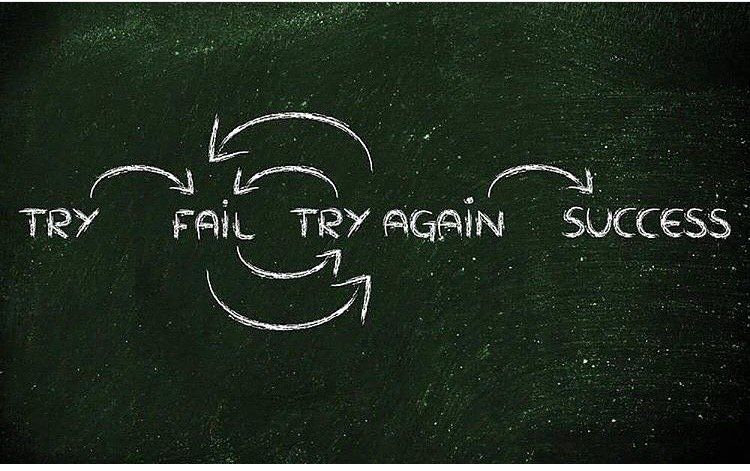


What is up Internets? Randy here again with another blog. I am very fortunate that I am allowed to teach classes in multiple facilities all around the world, from martial arts clubs to universities to conference rooms for Fortune 500 companies (#humblebrag). The one common theme across all of these places is the fear of losing while learning.
This is a ridiculous human condition where people believe that they must be perfect at everything, always. It takes a lot work to get over this, even for me.
Let’s be honest, when it comes to self defense and combatives, losing should not be on the table in real life – I get that. But not allowing yourself to lose when in training is slowing down your progress. It will keep you where you are at and you will not get any better. There is a ton of research backing this up that I will get to in a second, but I want you to remember that winning is reinforcing already-developed skills, while losing is learning and adapting to get better. Winning is reinforcement and losing is learning . Keep that mantra in your head while you train.
The goal of almost any training is to get to what is called the autonomous stage . That is where you perform the skill at a successful level without even having to think about it. Ever driven your car to work, arrived, and thought, “what the hell -how did I get here?” Yeah, that is the autonomous stage. The problem is that once you get to this stage, you tend to stay there without what is known as deliberate practice. You hit an acceptable plateau, and then you don’t truly improve, you just tend to reinforce – especially if the level you are at is always working. In order to get past the plateau a few things are necessary (if you want more info on the other things you need to read “The Talent Code” by Daniel Coyle). One of the most important things is to break out of the autonomous stage, which is winning all the time in this case, and get back into a space called the cognitive stage . When you are focusing on a skill, and not just performing it, you tend to improve on that skill, that is why there are SO many different types of drills in the martial arts world. The term for this is called deliberate practice, it is very important and involves a lot of failure and a lot of focus.

Deliberate practice is what separates the best from the average. So many people at the highest level of all fields (not just sport) try things while training just outside their ability level so that they can improve. But you don’t improve if you don’t find that line, and the best way to find it is to fail. The goal of deliberate practice is to get out of the autonomous stage as I said above, but how do we do that? Simple: 1. Focus on the technique or skill you are developing, 2. Be goal-oriented (what am I improving specifically right now) 3. Getting constant good feedback from a coach you trust. If you have ever been to one of my dirty boxing seminars and done my “Pummel Freeze” drill, then you have been in deliberate practice. This is designed to break you out of the autonomous state and to focus on things you may have never even thought of.
So, when you are training, you definitely need to reinforce what you are doing right. This article is not really for beginners, as you won’t hit that autonomous stage for a while … plus winning feels amazing and you need a few wins to stay motivated. If you want to get great at this though, check your ego at the door and allow yourself to lose. I always say there is no championship belt for being the best at training (well minus the Crossfit games I guess – but I digress). If you are always winning at every drill you are not growing, you are staying stagnant. Give yourself permission to lose when you are training and you will become better … try new things, break things down, work small segments in focused and deliberate practice so you can improve and you don’t plateau. Hard work beats talent when talent does not work hard … in fact from all the newest research out there, all talent is good for is a positive feedback loop in the first stages of skill acquisition. It has been shown time and time again that at the highest levels, talent doesn’t factor in as much as you think.
The only place you are allowed to lose is in your training . Push yourself, fail, get frustrated … so that you can grow and reinforce at a higher level when it actually counts. Winning is reinforcement, losing is learning.
Rando
@randykinglive


ALL RIGHTS RESERVED | RANDY KING LIVE